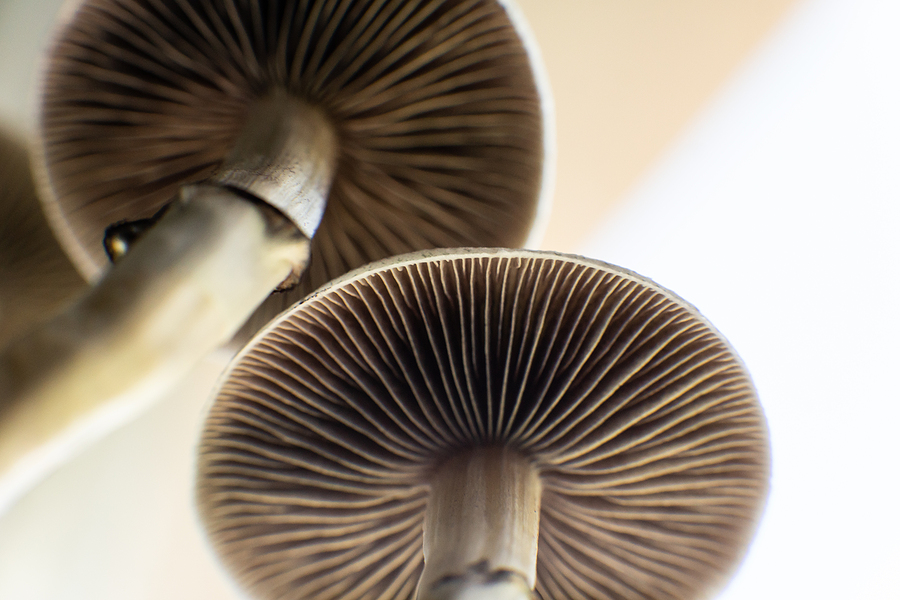In the Committee of Conference horse-trading session for SB14, Sens. Daryl Abbas and Tim Lang struck a deal to get minimum fentanyl sentencing in exchange for the House’s demand for decriminalization of psilocybin.
Psilocybin is a federally illegal, Schedule I drug, which is the most restrictive category of DEA drug classification. Fentanyl, which has been responsible for the overdose deaths of over 75,000 Americans each year, is classified as a Schedule II drug.
Psilocybin is a psychedelic substance, and users can experience adverse hallucinations, anxiety, and panic after taking the drug, some of which occur long after use. According to the U.S. Department of Justice, “Psilocybin mushrooms are popular at raves, clubs and, increasingly, on college campuses and generally are abused by teenagers and young adults.”
According to the University of Michigan, “Monitoring Our Future,” psychedelic drug use by young adults has doubled over the past decade, with an exponential rise occurring after 2019. This also coincides with drug-friendly states lowering psilocybin possession penalties. Currently, psilocybin is only legalized in Oregon and decriminalized in a small handful of other states.
The perceived benefits of psilocybin are overhyped, and to date, scientific data has not supported the claims. The American Academy of Psychiatry’s current official position is that there is inadequate scientific evidence for endorsing the use of psychedelics to treat any psychiatric disorder. In August of 2024, the FDA rejected the bid of a psychedelic drug to treat PTSD because it failed to meet the criteria of a safe and effective medication.
Currently, New Hampshire’s penalties for first-time psilocybin possession charges include a class B felony and a fine up to $25,000. Under the terms negotiated by Sens. Lang and Abbas, the new proposed penalty for first-time offenders will be a misdemeanor, with no fine.
If this “deal” goes through, New Hampshire will have much lower penalties for psilocybin than either of our drug-loving neighbors of Massachusetts and Vermont.
Both states currently have first-time possession penalties that can include one year of jail time and/or fines ranging from $1,000 to $2,000. In addition, just last year, voters in Massachusetts voted down an effort to legalize psilocybin, which highlights how even drug-friendly voters may be hitting their limit on having another accessible, federally illegal substance flooding into their communities. Marijuana has already caused enough damage.
This move to tack on psilocybin decriminalization to a common-sense Senate fentanyl sentencing bill shows how low the House is willing to go just so they can make psychedelics accessible to Granite Staters 18 years old and above. The fact that the Senate negotiators agreed to increase penalties for a Schedule II drug while decriminalizing a Schedule I drug shows just how far some members of the Senate can be pushed on normalizing illegal drug use. Now that the House figured this out, this won’t end with psilocybin decriminalization. This is only the beginning.
The Senate has one more opportunity to do the right thing when SB14 goes back to the Senate floor for a vote. The House has passed this bill once, and it is likely to do so again. However, let’s see if the Senate body has the courage and cohesion to stop this nonsensical “deal” in its tracks.
Governor Ayotte has shown tremendous leadership by standing in the gap to protect our adolescents from the harmful effects of widespread illicit drug normalization and accessibility. One thing is for certain: if the negotiated SB14 trade of one dangerous drug for another eventually makes it to the Governor’s desk, the public will view this deal as the de facto legalization of a Schedule I drug. It will also increase the use of psilocybin in our state. Then we will be on our way to “Massing-Up” New Hampshire.


